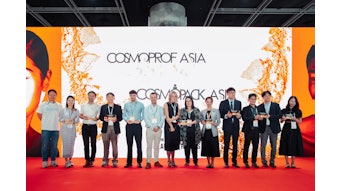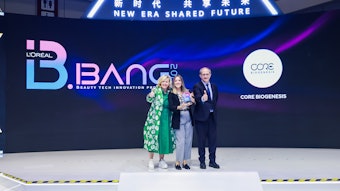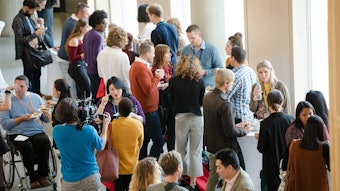On Sept. 12, 2012, LVMH Recherche (Louis Vuitton - Moët Hennessy) held its 12th Scientific Symposium with the theme "Natural Resource Depletion and Cosmetic Raw Materials: What Strategies Should We Adopt for the Future?" The event took place at the Collège des Bernardins in Paris, a beautifully restored medieval building aptly dedicated to furthering research into some of the ethical questions facing society.
The meeting considered the potential economic, environmental and social impact of depleting natural resources from the wider perspective, then transitioned to focus specifically on the development of sustainable raw materials for cosmetics.
Sylvain Caillol of Chemsud explored responsible green chemistry solutions to the problem of expiring resources, including bio-based polymers. Frédérique Lafosse of Soliance discussed the concept of bio-refinery, i.e transforming biomass such as from beetroot and cereals to achieve sustainable vegetable-sourced hyaluronic acid, DHA and biodegradeable surfactants.
Jacques Kheliff of Rhodia highlighted the ‘Rhodia,’ now ‘Solvay Way’ to the sustainable development of polymers that was established in 2000. Carine Alfos of ITERG described how green oleochemistry is leading to new potential oilseed sources, such as new fatty acid variants of sunflower and rapeseed oil. She expects this development to continue as the market for biopolymers grows. She predicted oils derived from bacteria, algae and fungi could be produced in the future.
"The diversity of approaches and the sharing of experiences in the creation of new natural raw materials, produced in a sustainable way, is a key element for future innovations in cosmetics," commented Frédéric Bonté, director of scientific communication for LVMH. "This meeting also demonstrated that concrete results can only come from collective solutions, shared by everyone working from the conception to the production of cosmetic products."










